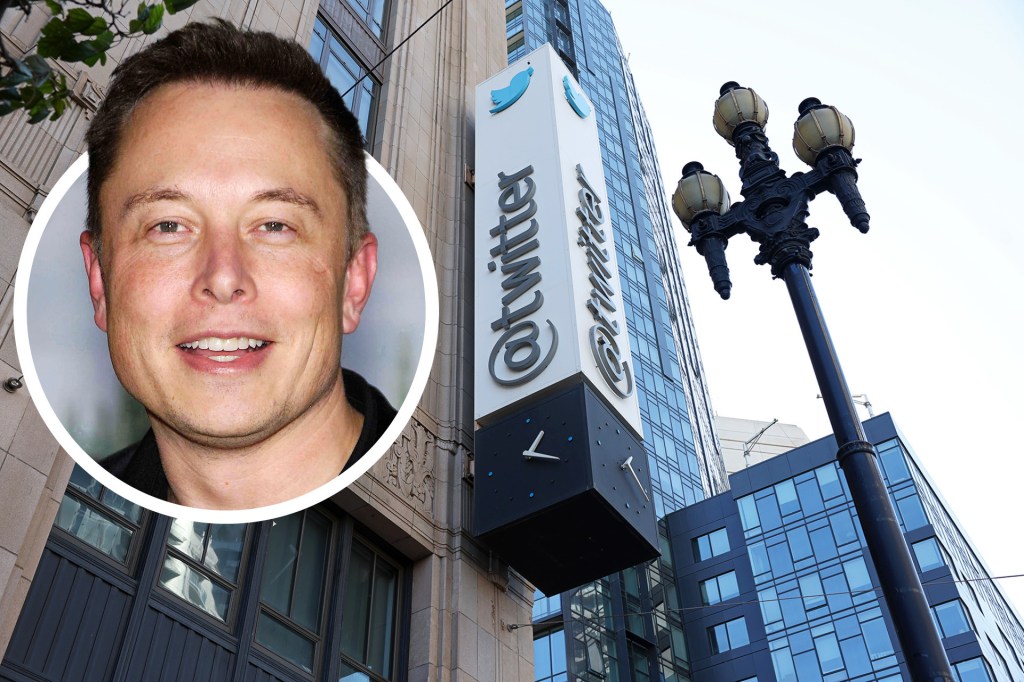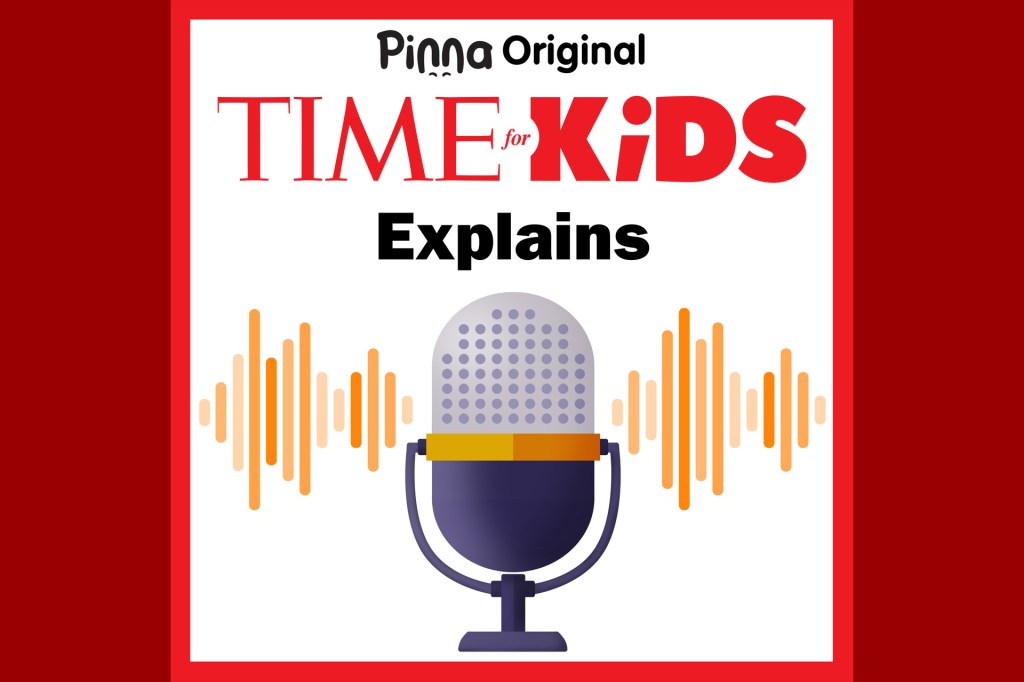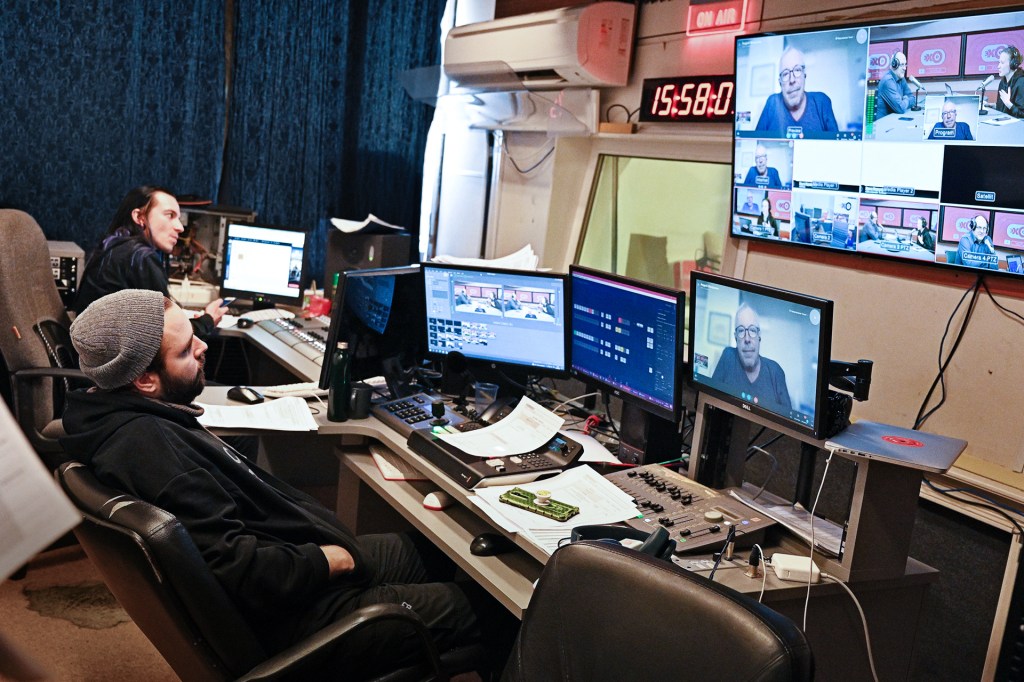8 Questions for Devorah Heitner

Devorah Heitner is the author of Screenwise: Helping Kids Thrive (and Survive) in Their Digital World. TFK Kid Reporter Orlie Weitzman spoke with her about young people and digital media, and recent news involving Instagram Kids.
1. Instagram delayed the release of an app for kids under 13. Can you help me make sense of this news?
Instagram did research and found that its app had negative effects on teenage girls. The algorithm
algorithm
 Isabella Antonelli / EyeEm—GETTY IMAGES
a set of instructions that tells a computer program how to solve a problem or make predictions
(noun)
TK
sends girls to content that affects their body image or otherwise makes them feel bad about themselves. The Wall Street Journal reported on this research.
Isabella Antonelli / EyeEm—GETTY IMAGES
a set of instructions that tells a computer program how to solve a problem or make predictions
(noun)
TK
sends girls to content that affects their body image or otherwise makes them feel bad about themselves. The Wall Street Journal reported on this research.
2. Does all social media work like Instagram?
I don’t think social media is always bad. But it can be if it makes kids feel left out, or distracts them from their schoolwork or other things they might enjoy. What’s stressful about Instagram is that it can feel like a popularity contest. Everyone’s out there trying to get likes and followers.
3. Should there be more laws protecting kids on social media?
I think there should be more regulation regulation a rule or law for how something should be done (noun) TK of the ways social media can work and more enforcement by the companies themselves on age limits. I also think families should have their own rules. It’s important that parents and educators help kids make decisions about what apps to use and how to use them.
4. I often hear about digital citizenship. What is that?
It’s the idea that we’re all participating in a digital community and that we should strive to be our best selves in that community. When we interact on a digital platform, we should take the same thoughtful approach we’d take to an in-person interaction.
5. Thoughtfulness does not always happen, does it?
Life outside of school used to be a haven for kids who were having negative interactions in school. Now kids can have negative interactions even when they’re not at school. Adults might say, “Turn it off.” But if kids feel their life is on social media, or worry people are talking about them there, they’ll want to spend time there.
6. What should I do if I’m bullied—or see someone bullied—online or on social media?
That’s not a problem you can solve on your own. If you’re experiencing in-person or digital bullying or harassment, tell a parent or an adult at school.
7. Should I talk with my parents about my digital life?
Absolutely. Even though adults may use tech a little differently, we can relate to questions like, “What do I do if someone follows me and I don’t want to follow them back?” Adults can learn from kids on these issues, too.
8. So what’s the positive side of digital media?
It can be an opportunity for kids to be creative, or to connect with friends, especially during a pandemic. It’s also a place where kids can be activists.











